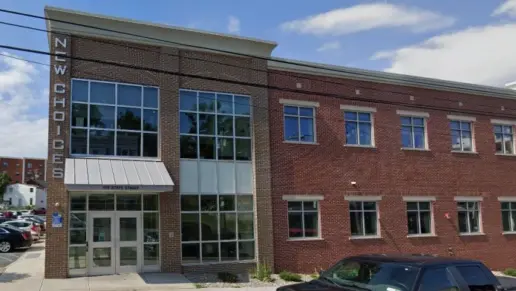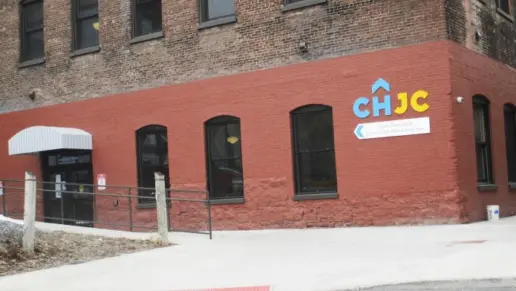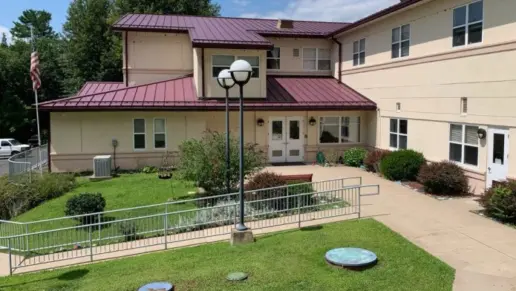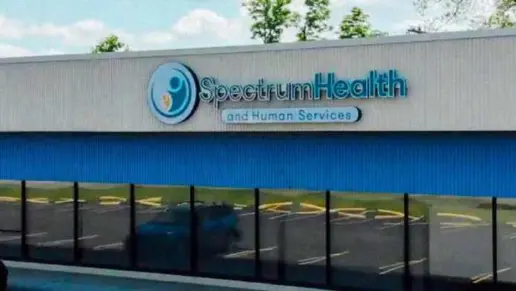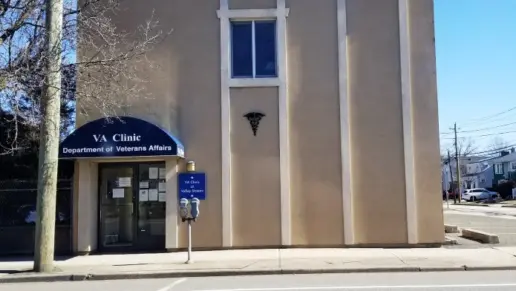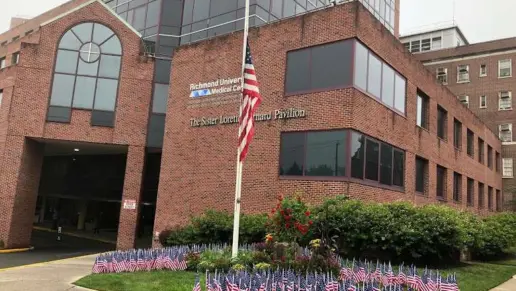About Pederson-Krag Center Inc – Closed
The Pederson Krag Center in Wyandanch, New York was a psychotherapist’s office with outpatient treatment, but it has now closed permanently.
It was located in a single story brick building that housed multiple organizations and businesses. The facility has a small parking lot around the back and is located on a quiet street. This clinic was conveniently located near Wyandanch Park and Wyandanch Memorial Public Library.
Clients could access outpatient detox and substance use treatments here. They worked with teen and adult patients including those with a dual diagnosis.
They accepted Medicare, Medicaid, private health insurance, and self payment. A sliding fee scale was available for self pay clients to make treatment affordable and accessible.
I like that they provided programs tailored to LGBTQ+ clients in order to address their specific challenges and make sure these clients felt welcome and understood.
Outpatient Detox in Wyandanch
It is rare to find a provider that offers outpatient detox. Most often, detox is offered as an inpatient treatment.
The Pederson Krag Center allowed clients to get medically supervised detox so they could safely withdraw from substances from the comfort and familiarity of home.
Dual Diagnosis Outpatient Care for Wyandanch Residents
I appreciate that they offered a dual diagnosis program to address both mental health and substance use disorders as these often go hand-in-hand.
Their integrated care approach meant that you would get holistic care that aimed to treat all your needs. All treatment plans began by staff conducting a comprehensive assessment. This would look at your substance use and mental health. Staff used this data to create a treatment plan that was right for you.
As part of their treatment, they offered a range of therapeutic approaches. This included one on one therapy, group counseling, and trauma related counseling.
Latest Reviews
Rehab Score
Gallery
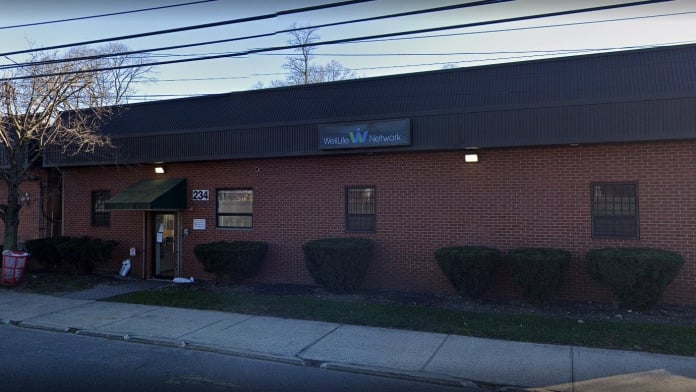
Other Forms of Payment
Private insurance refers to any kind of healthcare coverage that isn't from the state or federal government. This includes individual and family plans offered by an employer or purchased from the Insurance Marketplace. Every plan will have different requirements and out of pocket costs so be sure to get the full details before you start treatment.
Self-pay involves paying for treatment out of your own pocket. You can use savings or credit, get a personal loan, or receive help from family and friends to fund your treatment. If you don't have insurance or your insurance plan doesn't cover a specific program, self-pay can help ensure you still get the care you need.
Financial aid can take many forms. Centers may have grants or scholarships available to clients who meet eligibility requirements. Programs that receive SAMHSA grants may have financial aid available for those who need treatment as well. Grants and scholarships can help you pai for treatment without having to repay.
Sliding scale payments are based on a client's income and family size. The goal is to make treatment affordable to everyone. By taking these factors into account, addiction recovery care providers help ensure that your treatment does not become a financial burden to you or your family, eliminating one barrier to care.
Medicare is a federal program that provides health insurance for those 65 and older. It also serves people under 65 with chronic and disabling health challenges. To use Medicare for addiction treatment you need to find a program that accepts Medicare and is in network with your plan. Out of pocket costs and preauthorization requirements vary, so always check with your provider.
Medicaid is a state based program that helps lower-income individuals and families pay for healthcare. Medicaid covers addiction treatment so those enrolled can use their coverage to pay for rehab. When a program accepts Medicaid the client often pays very little or nothing out of their own pocket.
Addiction Treatments
Levels of Care
 Outpatient
Outpatient
 Partial Hospitalization Program
Partial Hospitalization Program
 24-Hour Clinical Care
24-Hour Clinical Care
 Medically Assisted Detox
Medically Assisted Detox
Treatments
The goal of treatment for alcoholism is abstinence. Those with poor social support, poor motivation, or psychiatric disorders tend to relapse within a few years of treatment. For these people, success is measured by longer periods of abstinence, reduced use of alcohol, better health, and improved social functioning. Recovery and Maintenance are usually based on 12 step programs and AA meetings.
When you choose drug rehab in New York, you'll participate in a variety of treatments that are designed to help you live a drug-free lifestyle. Common methods of treatment include group, individual, and family counseling, medication management, nutrition, exercise, and management of co-occurring mental health disorders.
Many of those suffering from addiction also suffer from mental or emotional illnesses like schizophrenia, bipolar disorder, depression, or anxiety disorders. Rehab and other substance abuse facilities treating those with a dual diagnosis or co-occurring disorder administer psychiatric treatment to address the person's mental health issue in addition to drug and alcohol rehabilitation.
Opioid rehabs specialize in supporting those recovering from opioid addiction. They treat those suffering from addiction to illegal opioids like heroin, as well as prescription drugs like oxycodone. These centers typically combine both physical as well as mental and emotional support to help stop addiction. Physical support often includes medical detox and subsequent medical support (including medication), and mental support includes in-depth therapy to address the underlying causes of addiction.
Substance rehabs focus on helping individuals recover from substance abuse, including alcohol and drug addiction (both illegal and prescription drugs). They often include the opportunity to engage in both individual as well as group therapy.
Programs

Adult Program

Young Adult Program

Teen Program

Program For Men

Program For Women
Clinical Services
Group therapy is any therapeutic work that happens in a group (not one-on-one). There are a number of different group therapy modalities, including support groups, experiential therapy, psycho-education, and more. Group therapy involves treatment as well as processing interaction between group members.
Men and women in New York undergoing one on one individual therapy for drug and alcohol addiction treatment will address the unique psychological and emotional aspects that are often associated with addiction triggers. Your therapist helps you build a relapse prevention plan and set achievable goals to improve your mental health and achieve long term sobriety.
Trauma therapy addresses traumatic incidents from a client's past that are likely affecting their present-day experience. Trauma is often one of the primary triggers and potential causes of addiction, and can stem from child sexual abuse, domestic violence, having a parent with a mental illness, losing one or both parents at a young age, teenage or adult sexual assault, or any number of other factors. The purpose of trauma therapy is to allow a patient to process trauma and move through and past it, with the help of trained and compassionate mental health professionals.
Staff

Philip Matcovsky
President & CEO
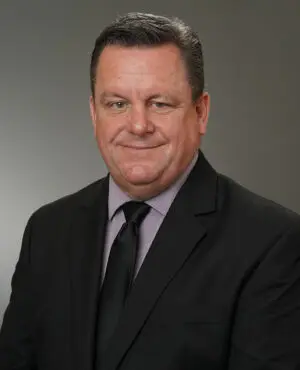
Stephen McCarthy
CFO

Anthony J. Angelo, MD
Chief Medical Officer
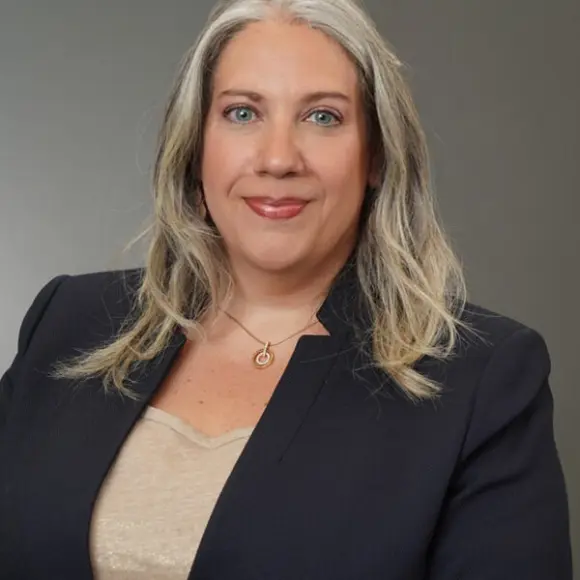
Elizabeth Galati, MA
Chief Administrative Officer

Tracy Falkner, LMSW
COO
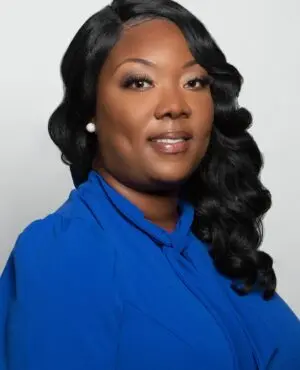
Nasser Ghaleb
Deputy CFO
